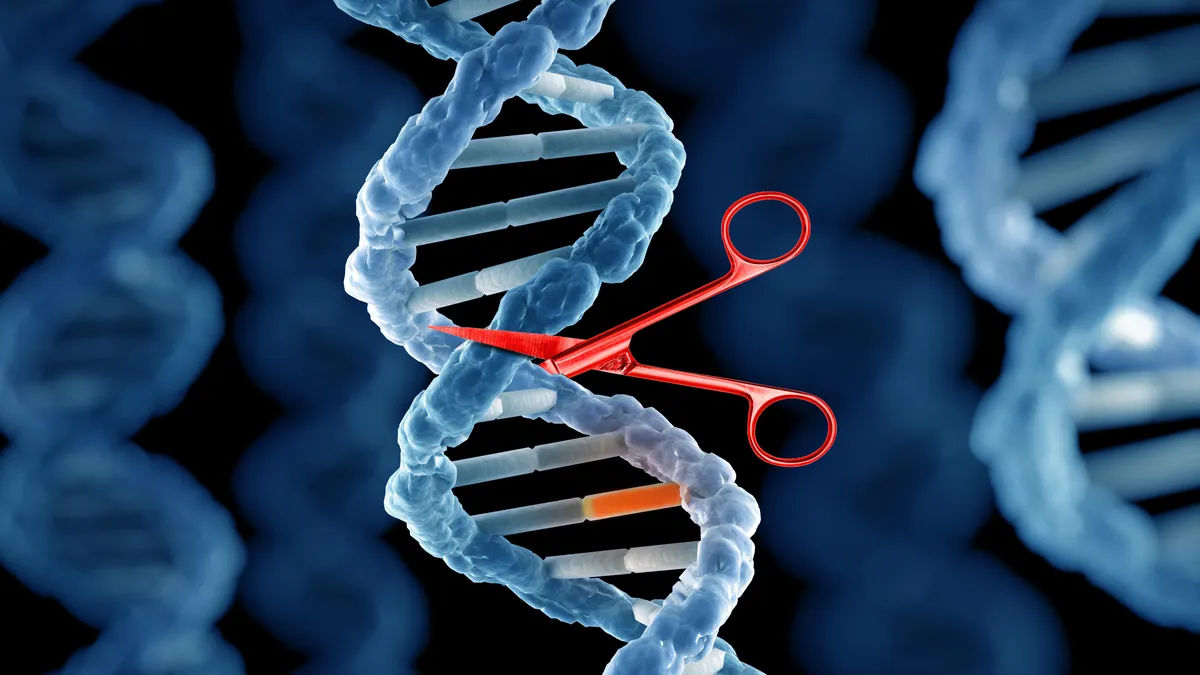A recently published study in Nature has unveiled compelling new insights into the genetic and molecular underpinnings of aging, with promising implications for human healthspan. By analyzing large datasets of human genomes, gene expression patterns, and cellular markers, researchers have begun to map out which biological processes most strongly predict “biological age” — and how some people seem to age more slowly than others, even with similar lifestyles.
What Researchers Did
- They gathered data from several human cohorts spanning from middle age to extreme old age, including people over 90.
- The study combined genomic sequencing, transcriptomics (how active certain genes are), proteomics (which proteins are present and in what quantities), and epigenetic clocks (DNA methylation marks that correlate with age).
- They examined thousands of different genetic variants and molecular features to see which ones correlate with healthier aging — meaning lower incidence of age-related diseases, maintained organ function, and greater “biological youth” compared to chronological age.
Key Findings
- Gene Variants Linked to Maintenance of Cellular Repair
Variants in genes involved in DNA repair, mitochondrial function, and protein homeostasis (the ability to properly fold, maintain, and remove proteins) are strongly associated with slower aging. Individuals with more favorable versions of these genes show lower accumulation of damage in cells and better organ function with age. - Epigenetic Age and Health Outcomes
People whose epigenetic clocks run “slower” (their tissues’ methylation patterns look younger than their years) tend to have fewer chronic inflammatory conditions, less cardiovascular damage, and a lower risk of dementia and metabolic syndrome. The study reinforces the usefulness of epigenetic markers as predictors of long-term health, beyond just measuring risk. - Inflammation and Immune System Resilience Are Central
One of the strongest molecular signals of quicker aging is chronic, low-grade inflammation — often called “inflammaging.” Markers of immune dysregulation, increased pro-inflammatory proteins, and reduced diversity in immune cell populations correlate with worse health outcomes. In contrast, those who maintain better immune diversity and lower inflammatory markers tend to age more gracefully. - Proteins & Metabolic Health
Specific proteins involved in metabolic regulation (insulin signaling, glucose metabolism, lipid processing) show strong associations with longevity. Better regulation of metabolic health appears not only to reduce risk of diabetes but also to help maintain function in other organs like the heart, kidney, and even brain. - Lifestyle Interactions
While genes and molecular markers are important, the study emphasizes that lifestyle still plays a big role. Physical activity, diet quality, sleep, stress management, and exposure to pollutants modulate many of these molecular aging markers. For example, people with favorable gene variants but poor lifestyle habits often age more rapidly than those with less favorable genes but healthy lifestyles.
What Makes This Study Stand Out
- Depth & Breadth: Few studies have combined so many “-omics” layers (genomics, proteomics, transcriptomics, epigenetics) in large cohorts of the very old. This makes the associations more reliable and gives a clearer view of which molecular processes matter most.
- Predictive Power: The molecular signatures identified are not just correlations — many are predictive of future decline in health, onset of age-related diseases, and mortality risk. That suggests potential for early interventions.
- Targeting the Right Pathways: The study highlights which molecular networks might be most fruitful for medical interventions aiming to slow aging — especially DNA repair, inflammation control, mitochondrial health, and metabolic regulation.
Implications for Medicine and Everyday Life
- New Therapeutic Targets: Drugs or treatments that more directly support DNA repair, reduce inflammatory damage, improve mitochondrial efficiency, or maintain protein quality control in cells may hold promise for extending healthy lifespan.
- Personalized Aging Predictions: Eventually, tools based on one’s own molecular aging profile (epigenetic clock, proteome, metabolism) could guide personalized health plans — what lifestyle choices or therapeutic interventions might best slow one’s biological aging.
- Preventive Health Emphasis: The findings strengthen arguments for preventive medicine — emphasizing healthy diet, regular exercise, stress reduction, adequate sleep, avoiding pollution — as these lifestyle factors interact with genetic and molecular aging pathways.
Caveats & Open Questions
- Causation vs Correlation: Although some molecular markers predict aging outcomes, it remains challenging to prove direct causal roles in humans —i.e. whether modifying a certain protein or gene will reliably slow aging or prevent disease.
- Population Diversity: Many of the cohorts studied are of limited ethnic or geographic diversity. Whether the same aging-associated genetic variants or molecular profiles hold in all human populations remains to be fully tested.
- Practical Intervention Timeline: Even if molecular targets are identified, developing safe, effective therapies for humans, and ensuring they work at scale, takes time and rigorous testing.
- Trade-offs: Some gene variants or pathways that help delay aging in certain organs may have negative effects elsewhere; biology often involves trade-offs.
Bottom Line
This Nature study does not claim to have found a “fountain of youth,” but it brings us significantly closer to understanding the molecular machinery of aging. It shows that aging is not just about years lived — it’s about the quality of molecular maintenance, immune resilience, metabolic health, and the interplay between our genetics and our habits.
As science advances, the possibility of more precise, individualized aging predictions and interventions becomes more real. For now, the lesson is: while we can’t change our birth year, we can influence how gracefully we age by the choices we make—and by one day harnessing medicine that supports the body’s own repair and maintenance systems.















Leave a Reply